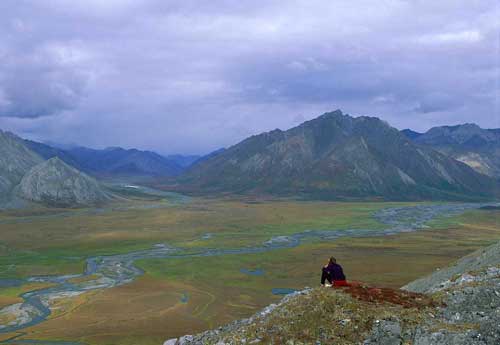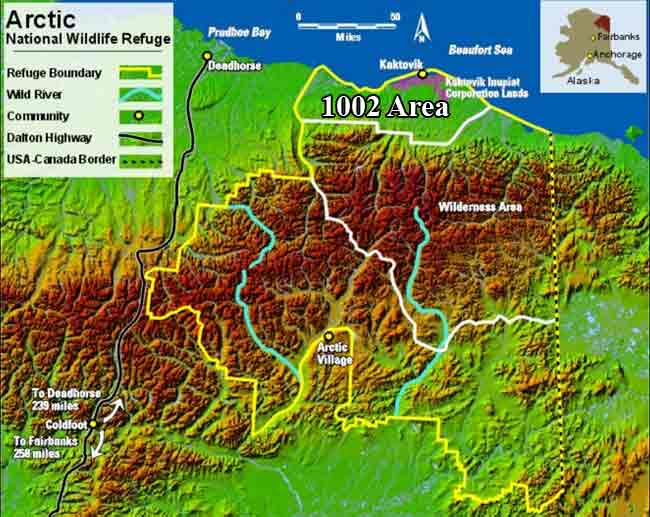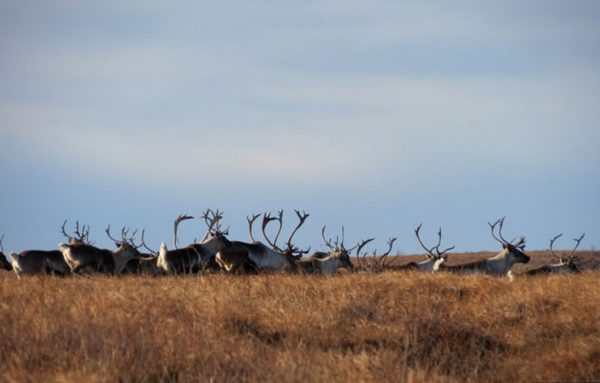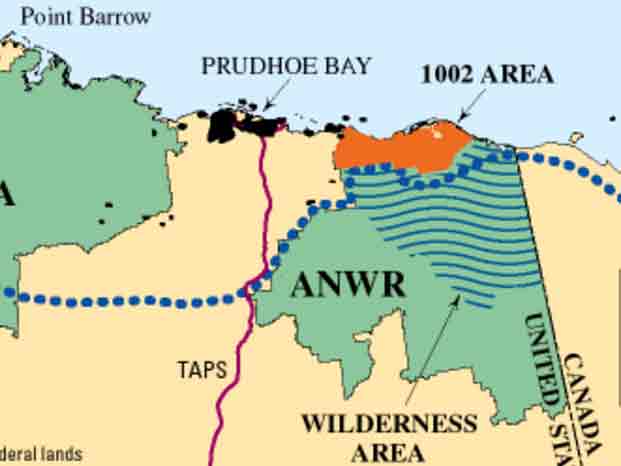Elders, Hunters, and Scientists Agree on Climate Impacts to Food and Water
FORT YUKON, AK—Indigenous leaders from throughout the United States gathered last week to talk about the climate crisis and its impact on food security during a three-day Indigenous Climate Summit in Fort Yukon.
“Our traditional hunters and scientists tell us that the climate emergency in the Arctic threatens our food, our water, and our future,” said Bernadette Demientieff, executive director of the Gwich’in Steering Committee. “Indigenous Peoples around the world face similar threats. We need to stand together and demand that our governments stop allowing oil and gas companies to put their profits before our human rights and basic needs.”
Speakers at the summit included traditional and western scientists, hunters, Tribal Chiefs, community members, and many allies.
Joel Clement, a Senior Fellow with the Arctic Initiative at Harvard University’s Belfer Center for Science and International Affairs, and an Interior Department whistleblower, spoke of the importance of listening to Indigenous communities and the need for more unity among all communities. Stanley Edwin, a Draanjik Gwichyaa Gwich’in doctoral candidate of the University of Alaska Fairbanks with a BS in physics and MS in Atmospheric Science, spoke of the importance of combining both traditional science and western science to form a unity that makes our communities stronger. Louise Benally, an Indigenous and human rights activist with Diné Bikéyah, spoke of Indigenous unity across the continent. Traditional Chief Steve Ginnis spoke about the ways in which climate change and the extractive industries are currently interfering with traditional ways of life that have sustained Indigenous Peoples for thousands of years. Traditional hunters and scientists Darrell Vent (Huslia Traditional Hunter), Chuck Peter (Fort Yukon Traditional Hunter) and Stanley Riley (Barrow Inupiat Traditional Hunter) spoke of how climate change threatens food security.
“Our traditional food is medicine,” said Siqiniq Maupin, a community organizer from Native Movement. “It’s being taken away from us in Alaska and across the globe. We are all going to lose if we keep desecrating our land.”







